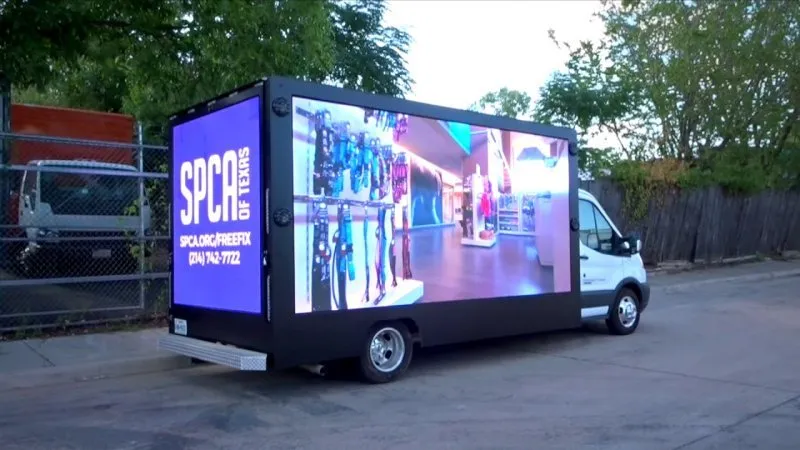Introduction
In the year 2025, it is predicted that space travel will become a reality. This is thanks to advances in AI and robotics, which are making it possible for us to explore and colonize different parts of our universe.
This might not seem like such a big deal now, but imagine a world where we can travel to other planets and galaxies – something that was thought to be impossible just a few years ago. With AI and robotics playing such a pivotal role in space travel, there’s no telling what else they’ll be able to accomplish in the future.
What are the challenges of space travel?
The challenges of space travel are many and varied. The first, and most obvious, is the difficulty of getting anything large or heavy off the ground and into space. This is due in part to the fact that Earth’s gravity is so strong that even objects as large as a human being are unable to resist it. Objects must also be able to withstand the incredible force of acceleration that comes with being sent off into space.
Another challenge is maintaining a stable environment for passengers and crew. Space is an incredibly hostile environment, with extreme temperatures, pressure, and radiation levels. Anything that goes wrong can quickly lead to disaster. For example, in 2013 two Russian astronauts were injured when their station went out of control due to a technical issue.
Space travel also presents unique safety issues. For instance, if someone were to fall out of an airplane while in flight, they would likely experience horrific injuries on impact with the ground. In space, however, there is no surface from which to fall, so anyone who falls out of a spacecraft would rapidly drift away from the rest of the crew and could potentially become lost in space forever.
What are some of the benefits of space travel?
There are many potential benefits of space travel, including:
- The ability to explore and learn about other planets and solar systems
The development of new technologies
The creation of new jobs and industries
Improved mental health
How might space travel be developed in the near future?
The prospect of space travel has always been a tantalizing one, but it might soon become a reality. A recent breakthrough might make space travel more accessible for the average person.
Conclusion
2017 was an incredible year for space travel, with several milestones being reached. In January, SpaceX became the first private company to send a car into orbit around the Earth; in May, Japanese billionaire Yusaku Maezawa became the first person to pay for a trip to Mars through a company called Bepo; and finally, in October, it was announced that Boeing and SpaceX had successfully completed their first joint crewed mission to the International Space Station. These are just three examples of how space travel is becoming more commonplace and accessible every day. So what does this mean for 2018? Well, I believe that we will see even greater progress when it comes to both human space exploration and commercial ventures into outer space. This breakthrough year has made me optimistic about the future of space travel – so much so that I am considering taking up flying lessons!











